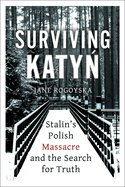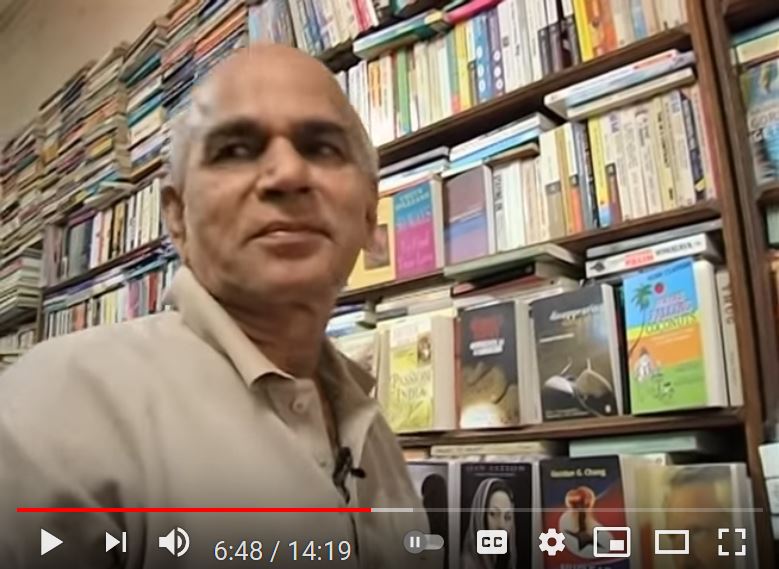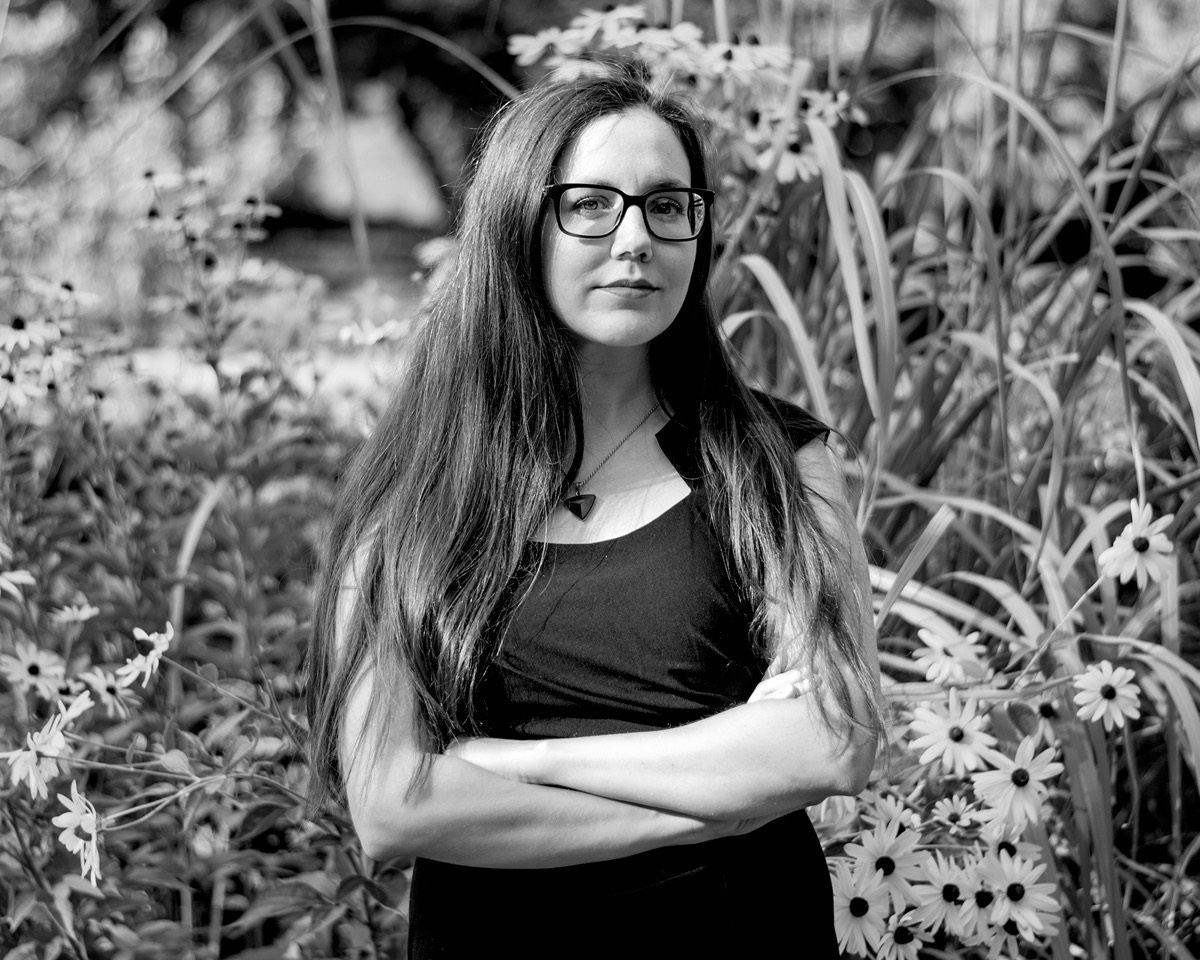 |
| photo: KR Forbes |
Elissa Washuta is a member of the Cowlitz Indian Tribe and a nonfiction writer. She's a National Endowment for the Arts Fellowship recipient, a Creative Capital awardee and an assistant professor of creative writing at the Ohio State University. With Theresa Warburton, she is co-editor of the anthology Shapes of Native Nonfiction: Collected Essays by Contemporary Writers. Washuta is the author of the memoirs My Body Is a Book of Rules and Starvation Mode, and the essay collection White Magic (Tin House, April 27, 2021).
On your nightstand now:
I'm between books--I just finished The Disordered Cosmos: A Journey into Dark Matter, Spacetime, and Dreams Deferred by Chanda Prescod-Weinstein. It's a book about the universe and it's for everyone--no prior knowledge about the science required. The book encompasses so much: Chanda Prescod-Weinstein's passion for particles, her curiosity about matter, the hostility she's confronted with in academia as a queer Black woman in physics. It's a book about the unknown, curiosity and relating.
Favorite book when you were a child:
I had a lot of favorites. One that really holds up for me is The Eleventh Hour: A Curious Mystery by Graeme Base. It's a picture book about an elephant's 11th birthday party and a mystery: someone ate all the food. Readers are invited to find hidden messages and solve ciphers to solve the mystery. The illustrations are gorgeous, and the puzzles are so challenging that even as an adult I wasn't totally able to solve them without the key.
Your top five authors:
This is so hard because I read broadly more than I read deeply into a writer's history. I can give you five beloved books: Perma Red by Debra Magpie Earling, Winter in the Blood by James Welch, Men We Reaped by Jesmyn Ward, Don't Let Me Be Lonely by Claudia Rankine and the fifth spot could be filled by a number of books, but let's say Short Talks by Anne Carson.
Book you've faked reading:
Oh, this is a long list--I took an American literature survey course in college and was assigned two books per week. We had to read The Grapes of Wrath and another book in one week! I've faked that one, I've faked The Scarlet Letter, The Awakening, To the Lighthouse, The Adventures of Huckleberry Finn and probably others. But only in the context of that single semester have I faked reading them. I have nothing against these books, and I don't believe the canon has nothing to offer us. (I'm an English professor!) But I've been teaching Native literature courses for the past 10 years, and I've been responsible for being familiar with an entirely different canon than the one that survey course focused on.
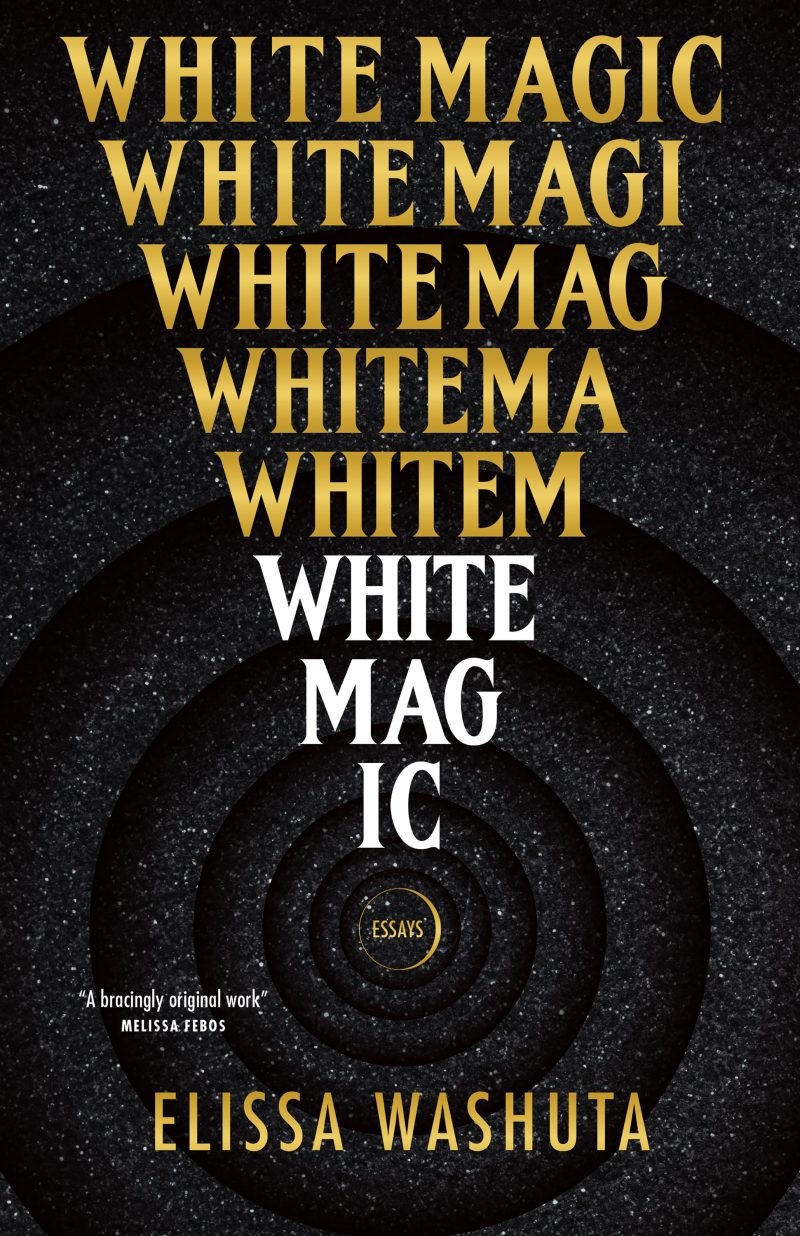 Book you're an evangelist for:
Book you're an evangelist for:
This Wound Is a World by Billy-Ray Belcourt. Once the U.S. version was published by University of Nebraska Press, I was delighted that so many more readers would get to spend time with this brilliant book. Belcourt's poems show us the replication of colonial harms in relationship ruptures and locate theory in the body. Favorite lines are impossible for me to identify here among so many I carry with me, but I'll share one of the many: "my body, like the land, was up for grabs."
Book you've bought for the cover:
Agustín Fernández Mallo's Nocilla Trilogy is packaged in a perfect little box. There are small images of a lighter, a cloud and a shell on the spine. I honestly don't know what these books are about, but I was drawn to the object when I saw it on a table at Two Dollar Radio HQ, and I'm hoping to read it this summer.
Book you hid from your parents:
I don't remember ever hiding a book from my parents. They encouraged me to read whatever I wanted, and I don't remember them even questioning me about the books I picked out at Waldenbooks or the library. They never would have discouraged me from reading, and I don't think I felt like a book would be something to hide.
Book that changed your life:
House of Leaves by Mark Z. Danielewski. Before I read it for a college class, I didn't imagine that prose could be arranged on the page in ways that were so disruptive, difficult and unfamiliar. I didn't immediately act on that knowledge--it didn't seem relevant to my own writing--but knowing about this possibility became important later, when I began to write nonfiction and felt more ownership over the page itself.
Favorite line from a book:
It's multiple lines, but altogether one sentence, an entire poem from Alice Notley's Margaret & Dusty:
All my life,
since I was ten,
I've been waiting
to be in
this hell here
with you;
all I've ever
wanted, and
still do.
Five books you'll never part with:
As We Have Always Done by Leanne Betasamosake Simpson, which has so many instructions for living that I'm sure it's the book I consult the most;
Winter in the Blood by James Welch, which I know I already mentioned, but this copy is so marked up over my many times through it that it's irreplaceable;
The Audubon Society Field Guide to the Night Sky, because digital images can't replicate the wonder the glossy pages of eclipses and planets and stars have evoked in me since childhood;
Bridge of the Gods, Mountains of Fire by my late relative Chuck Williams. It's about my family and our traditional territory. When I was a kid, I was so proud that the portrait of my great-grandmother and great-great-grandmother we had on our wall was also in a book. It helped me form my understanding of who I am within a lineage.
Honestly? I'll never part with most of the books in this house. That's the point of a house. The book nearest me that I doubt I'll part with is Anne Carson's Nox, one of the many I imagine I'll read in three to four months, when things slow down.
Book you most want to read again for the first time:
A Wrinkle in Time. I knew it was fiction, but I believed there was something true in it that was beyond our current knowledge. I miss that feeling of possibility, back when all books felt a little bit mystical, before I knew how they work.
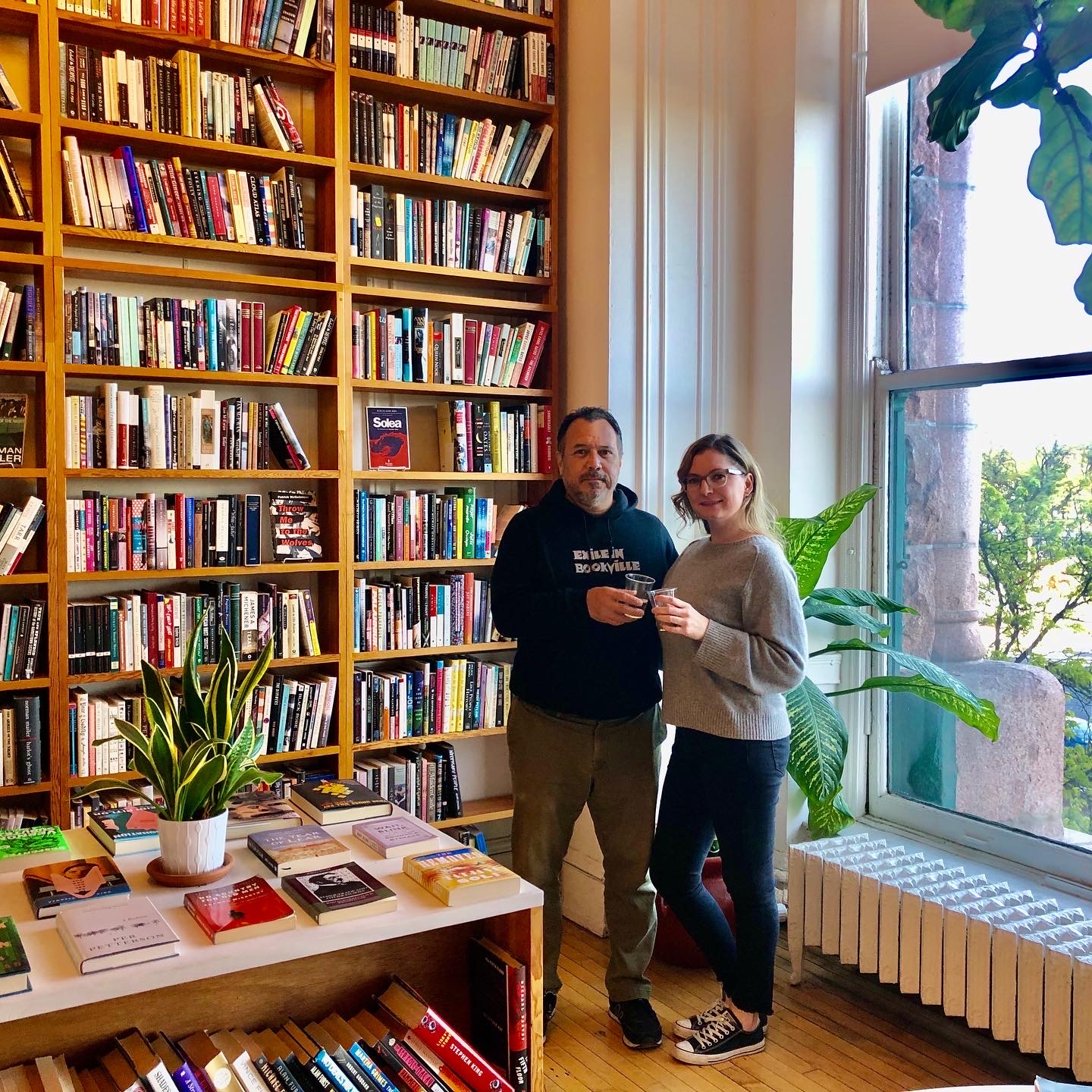










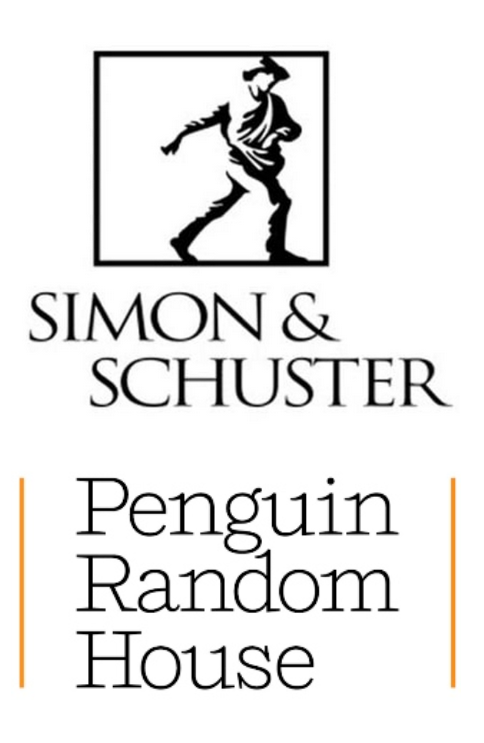 Bertelsmann's $2.2 billion deal to
Bertelsmann's $2.2 billion deal to 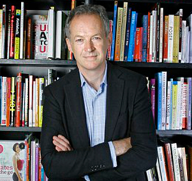
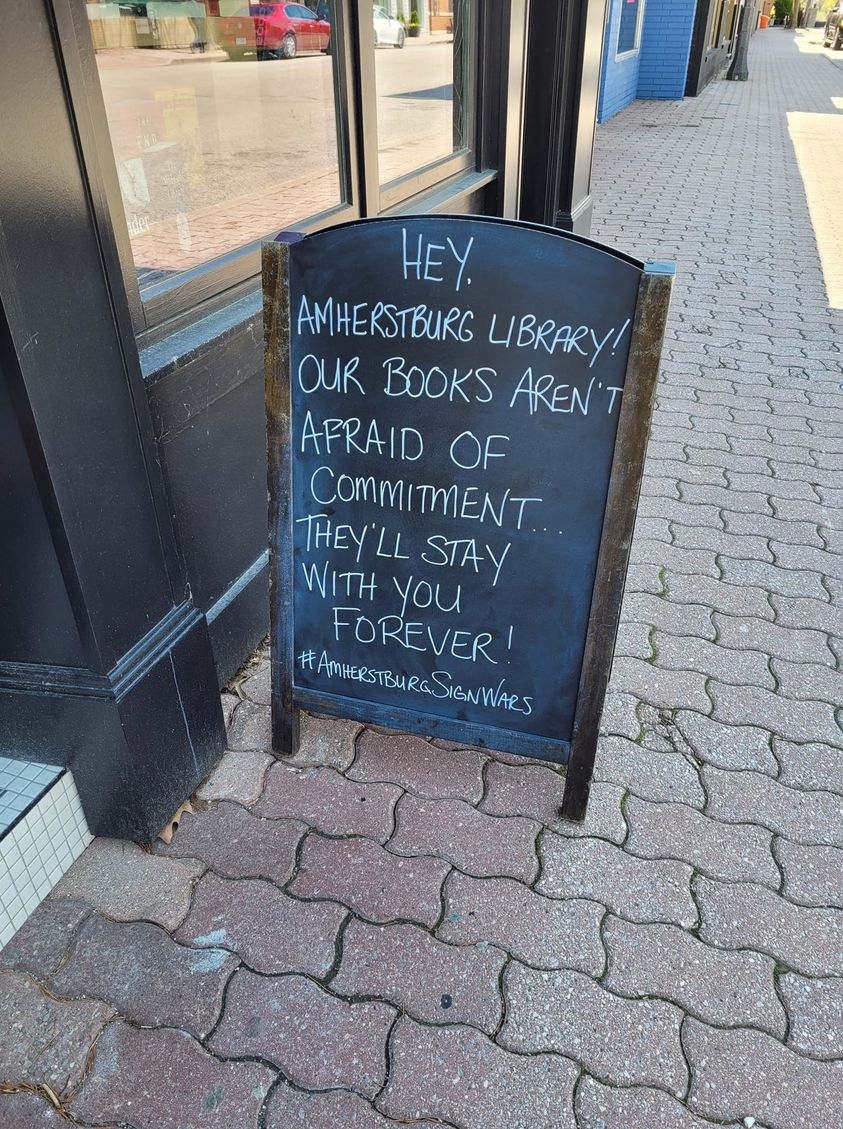 In Amherstburg, Ont., Canada,
In Amherstburg, Ont., Canada, 
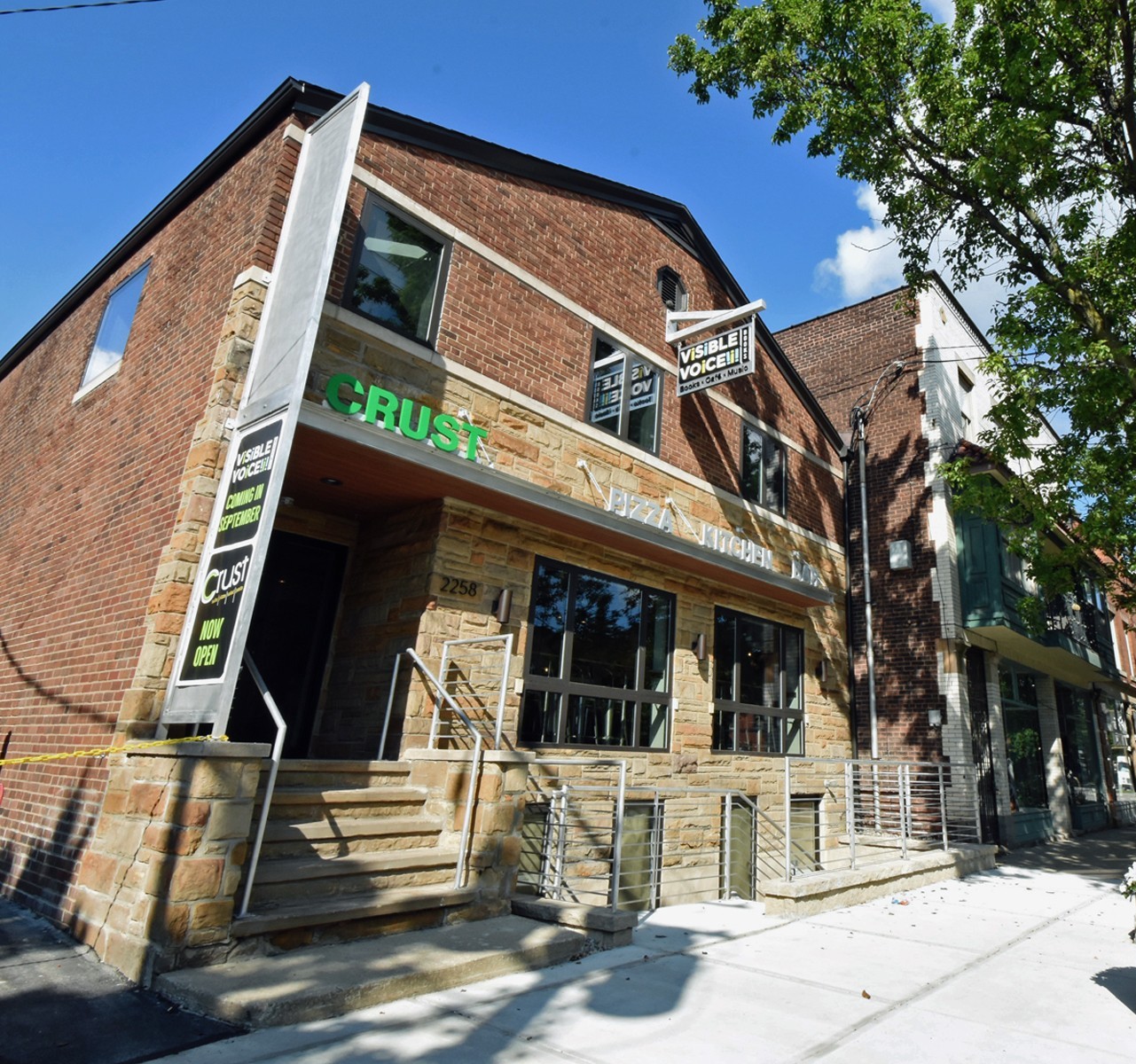

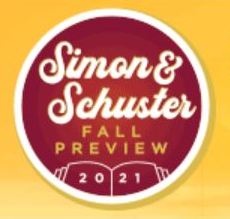
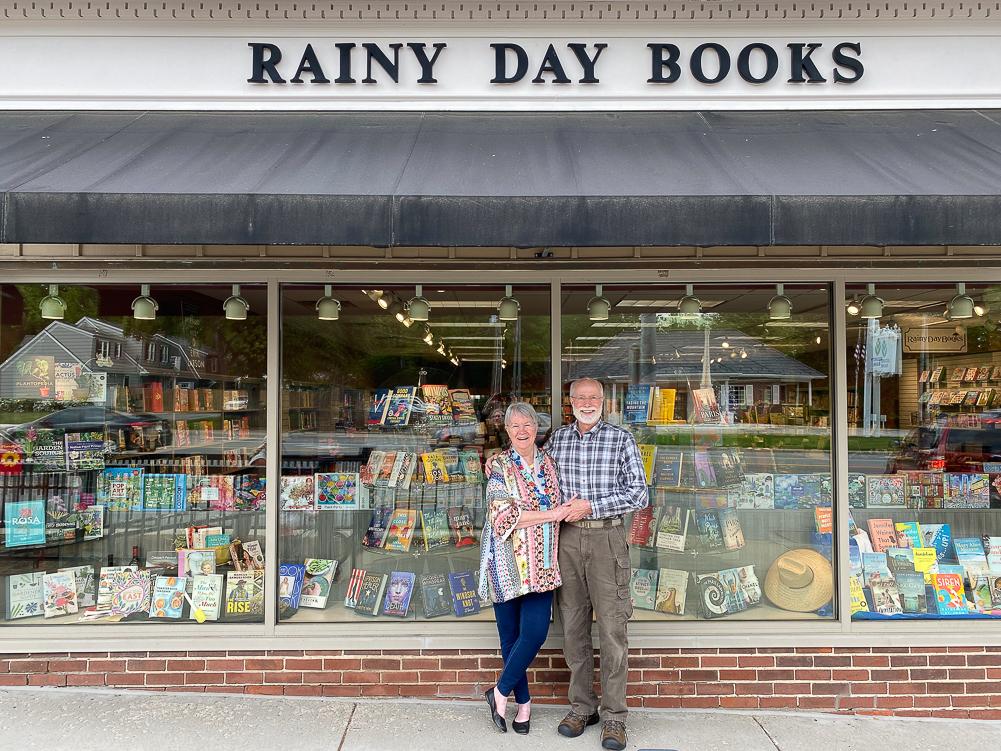
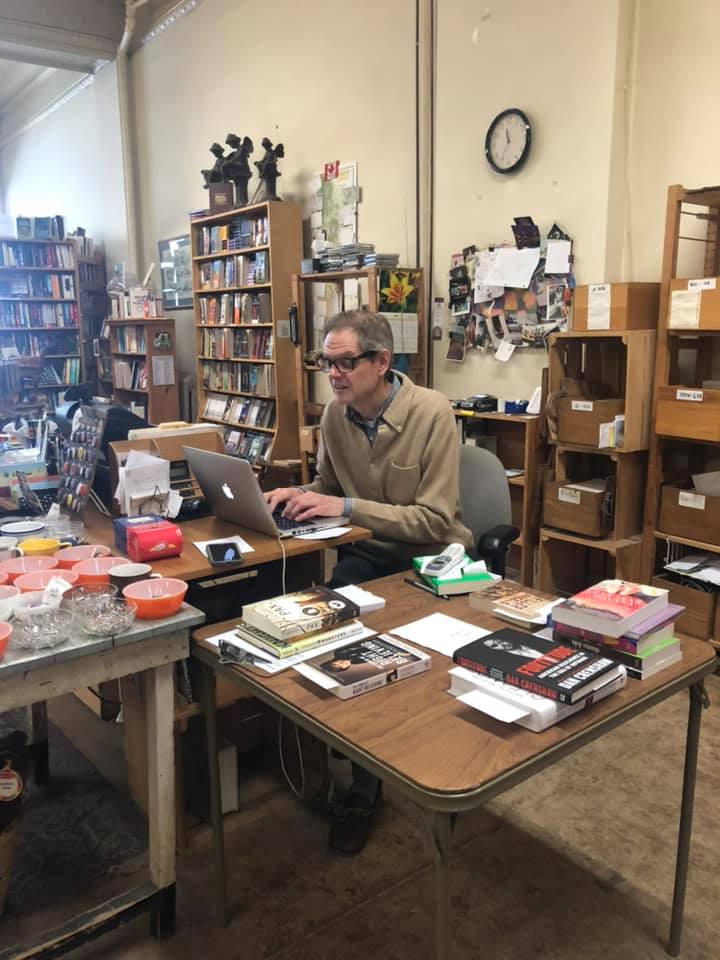 Posted on Facebook yesterday by
Posted on Facebook yesterday by 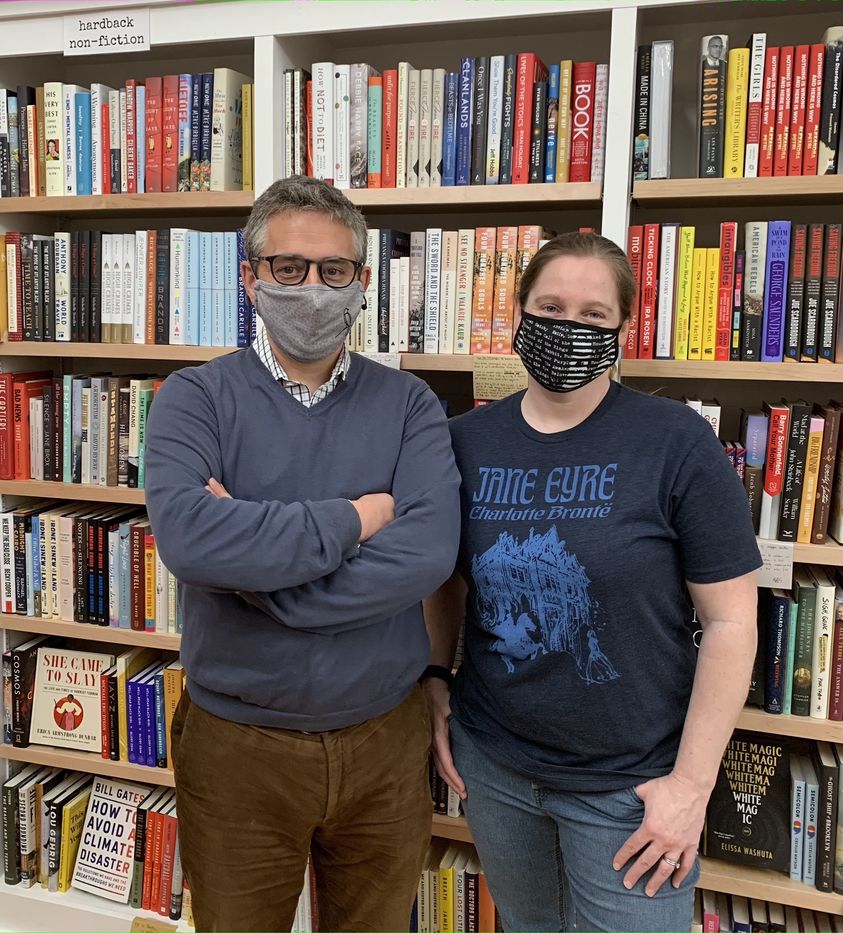 Noting that all pandemic restrictions in Columbia, Mo., ended Wednesday,
Noting that all pandemic restrictions in Columbia, Mo., ended Wednesday, 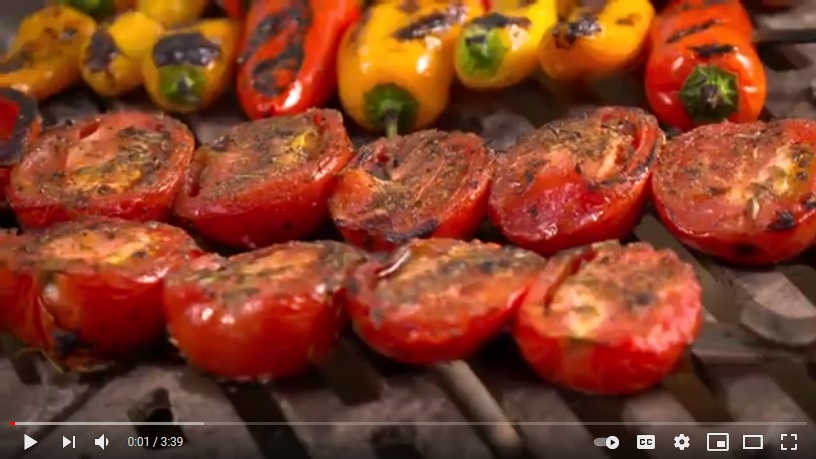 How to Grill Vegetables: The New Bible for Barbecuing Vegetables over Live Fire
How to Grill Vegetables: The New Bible for Barbecuing Vegetables over Live Fire
 Book you're an evangelist for:
Book you're an evangelist for: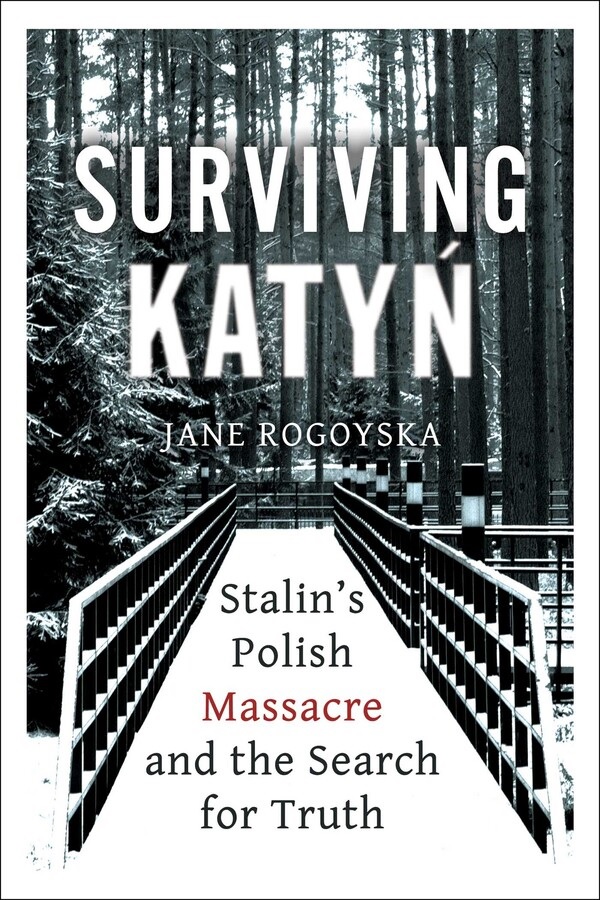 Jane Rogoyska's Surviving Katyń: Stalin's Polish Massacre and the Search for Truth investigates a tragedy that continues to haunt Poland and poison Russo-Polish relations almost a century after it occurred. Rogoyska is a historian, biographer and the author of a novel, Kozlowski, born from her research into the Katyń massacre in 1940, when 22,000 Polish prisoners of war were murdered and buried in secret by the Soviet secret police, the NKVD. Though millions died in World War II, the massacre is notable because the murdered prisoners, largely officers, constituted a significant swath of the Polish elite, and because of what came after. Soviet officials maintained for half a century that Katyń was a crime committed by the Nazis, a lie that muddied the waters around an already inscrutable tragedy and put Katyń at the heart of difficult questions about politics and historical truth.
Jane Rogoyska's Surviving Katyń: Stalin's Polish Massacre and the Search for Truth investigates a tragedy that continues to haunt Poland and poison Russo-Polish relations almost a century after it occurred. Rogoyska is a historian, biographer and the author of a novel, Kozlowski, born from her research into the Katyń massacre in 1940, when 22,000 Polish prisoners of war were murdered and buried in secret by the Soviet secret police, the NKVD. Though millions died in World War II, the massacre is notable because the murdered prisoners, largely officers, constituted a significant swath of the Polish elite, and because of what came after. Soviet officials maintained for half a century that Katyń was a crime committed by the Nazis, a lie that muddied the waters around an already inscrutable tragedy and put Katyń at the heart of difficult questions about politics and historical truth.